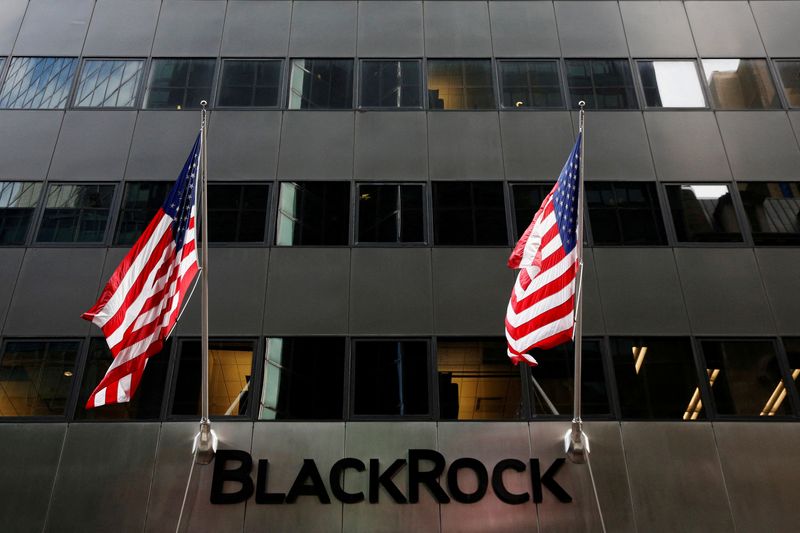BlackRock Seeks Extension for FDIC Investment Agreement
In a significant move, BlackRock has requested the U.S. Federal Deposit Insurance Corporation (FDIC) to postpone the deadline for finalizing an agreement regarding the agency’s oversight of the asset manager’s investments in FDIC-regulated banks. The firm aims to extend the deadline from the current Friday to March 31. This information comes from a letter sent to regulators on Thursday, which was acquired by Reuters.
Ongoing Negotiations Between FDIC and Asset Managers
The request marks the latest development in an ongoing debate between the FDIC and the largest managers of index-based mutual funds and exchange-traded funds. These negotiations have centered on the regulatory rules surrounding passive investments in banks overseen by the FDIC. Just last December, Vanguard Investments successfully reached a "passivity agreement" with the FDIC, prompting the agency to ask BlackRock to sign a comparable agreement by the impending deadline.
Call for Caution
In the letter, Ben Tecmire, BlackRock’s head of U.S. regulatory affairs, expressed concern over the expedited timeline. He indicated that the company is unaware of any urgent issues requiring a new regulatory framework to be established within such a short period. Tecmire emphasized that all banks impacted by the proposed agreement are already subject to oversight from the Federal Reserve, suggesting that a hasty resolution may not be necessary.
Moreover, Tecmire articulated BlackRock’s intention to prevent "inconsistent and uncertain requirements" that could arise if its bank holdings were managed by multiple regulators.
Challenges in Securing Agreement
Tecmire noted that the deal between the FDIC and Vanguard was the result of months of negotiation. A source familiar with the situation revealed that BlackRock faced challenges in arranging meetings with FDIC officials during the last months of 2023.
Rising Concerns Over Market Dominance
As industry heavyweights, BlackRock, Vanguard, and State Street now collectively manage approximately $26 trillion in assets, raising alarms about their potential to harm competition among the companies they frequently invest in. Their size and influence have drawn scrutiny, with even Vanguard’s founder Jack Bogle expressing concerns about the implications of such significant ownership.
The firms have also come under fire for their impact on corporate governance, facing political backlash related to issues like greenhouse gas emissions and workforce diversity. Notably, BlackRock announced its decision to exit the Net Zero Asset Managers Initiative on Thursday.
Mixed Evidence from Research
Recent academic studies have presented a varied picture regarding the impact of these large asset managers. A 2023 review by the U.S. Federal Reserve Bank of Atlanta noted "relatively little evidence" of significant market problems linked to their investment practices.
Meanwhile, similar issues are being discussed in front of the U.S. Federal Energy Regulatory Commission (FERC). The Edison Electric Institute has warned that FERC’s actions could obstruct essential capital investments. However, the FERC has approached these challenges at a slower pace compared to the FDIC.
Caution Against New Regulations
Concerns arise that potential new regulations could deter investments in portfolio companies, whether they are banks or utilities. Jeff DeMaso, who writes a newsletter for Vanguard investors, advised regulators to "tread lightly" before imposing restrictions on passive mutual funds or ETFs. He emphasized the importance of understanding the unintended consequences of index investing and ownership concentration, suggesting that the problem to be solved must be clearly defined before taking action that could jeopardize existing benefits.


